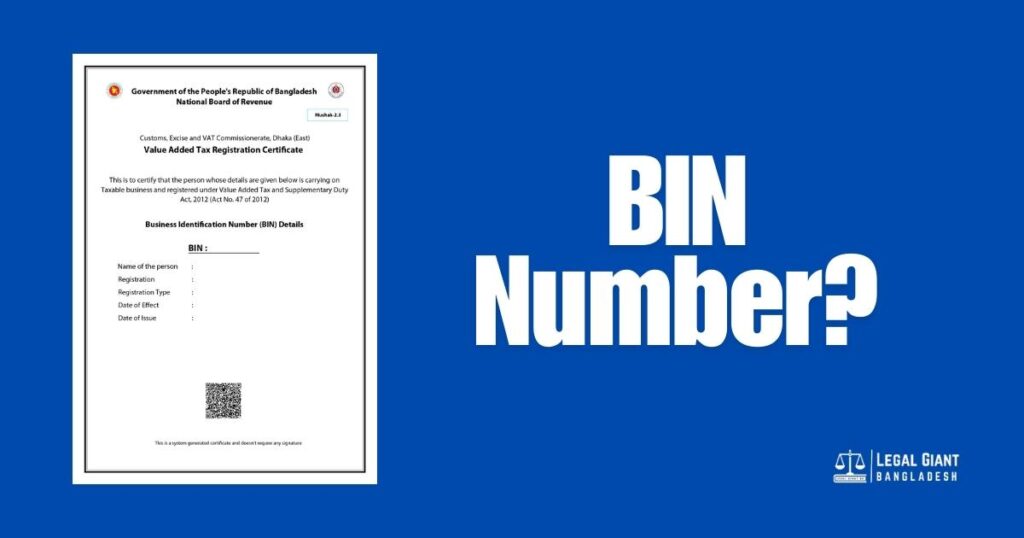The interim government of Bangladesh has officially repealed the Cyber Security Act, 2023, introducing a more refined and reform-driven Cyber Security Ordinance, 2025. The ordinance brings notable changes that reflect both progress in digital governance and emerging areas of concern.
What Has Been Removed
The new ordinance repeals nine controversial sections from the previous law. These sections had been widely criticized for enabling the harassment of journalists, political dissenters, and ordinary citizens. The removed sections include:
- Section 21: Criminalizes criticism of the Liberation War, Bangabandhu, national anthem, or flag
- Section 24: Penalizes use of fake or deceptive identity
- Section 25: Criminalizes offensive, false, or fear-inducing information
- Section 26: Prohibits unauthorized collection or use of personal data
- Section 27: Identity-related cyber crimes
- Section 28: Punishment for filing false reports or cases
- Section 29: Defamation through digital content
- Section 31: Publishing content that disrupts law and order
- Section 34: General penalties for cyber crimes
All ongoing cases under these repealed sections will be automatically dropped.
What Has Been Added
The 2025 ordinance also introduces progressive additions to address modern digital challenges:
- Right to Internet Access: Citizens now have a legally recognized right to internet usage—an unprecedented move in Bangladesh’s legislative history.
- Ban on Online Gambling: A complete prohibition has been placed on online gambling.
- Protection for Women and Children: Cyber harassment and digital sexual abuse of women and children are now explicitly punishable.
- Hate Speech Regulation: Religious hate speech or incitement is criminalized.
- AI-Based Cyber Crimes: Bangladesh becomes the first country in South Asia to criminalize offenses committed using Artificial Intelligence (AI).
Also Read: Rights of the Arrested Person in Bangladesh
Is It Better or Worse?
The Cyber Security Ordinance, 2025 marks a significant departure from the controversial Cyber Security Act, 2023. On paper, it appears more progressive and aligned with democratic values—but the true measure will be its implementation. Here’s a breakdown:
Why It’s Better
- Greater Protection for Freedom of Expression
By repealing vague and oppressive clauses—such as those punishing criticism of national icons or spreading “false information”—the ordinance reduces the scope for abuse and opens up space for legitimate speech, dissent, and journalism. - Reduction in Legal Harassment
The automatic dismissal of ongoing cases under the repealed sections will likely end hundreds—possibly thousands—of politically or personally motivated cases. Experts estimate that 90–95% of speech-related cyber cases will be affected, providing much-needed relief to journalists, activists, and ordinary citizens. - Modernization of Cyber Law
The law addresses previously unregulated areas like AI-based crimes, digital sexual abuse, and online gambling, showing that Bangladesh is updating its legal system to respond to new technological realities. - Recognition of Digital Rights
For the first time, citizens’ right to internet access is legally recognized—an important step in bridging the digital divide and safeguarding access to information.
Why There Are Still Concerns
- Ambiguity in Definitions
The line between legitimate content moderation and criminal behavior remains fuzzy. Without clear definitions, journalists or social media users could still face legal ambiguity, depending on how enforcement agencies interpret the law. - Potential for Political Misuse
Provisions targeting hate speech or “religious incitement” can be positive if implemented fairly, but in the absence of strict interpretative guidelines, they risk being weaponized against political opposition or minority voices. - Oversight and Accountability
The ordinance introduces a national cyber security agency, but provides limited information about its powers, independence, or accountability mechanisms. A strong institution without strong oversight can lead to unchecked authority.
Summary
The Cyber Security Ordinance, 2025 represents a shift toward more rights-based digital governance in Bangladesh. It removes several draconian provisions, enhances user rights, and modernizes the legal framework to meet the demands of AI and cyber threats.
However, the law’s success will depend on precise implementation, clear definitions, and robust institutional accountability. For this ordinance to truly protect both national security and civil liberties, continuous public dialogue and oversight are essential.


